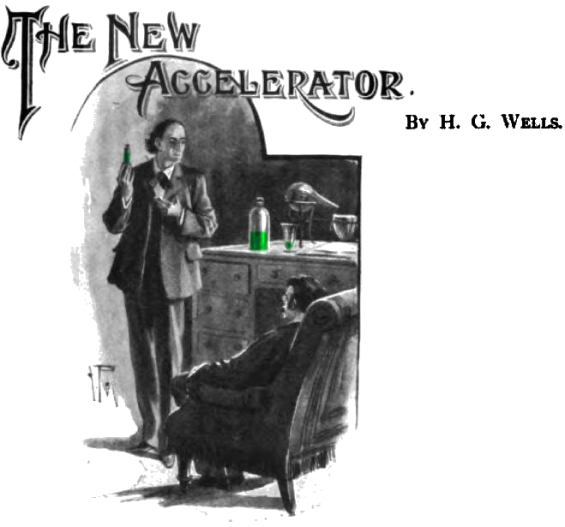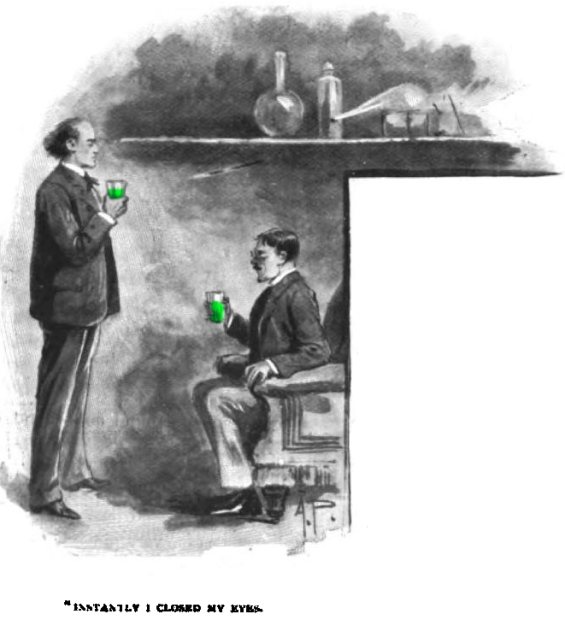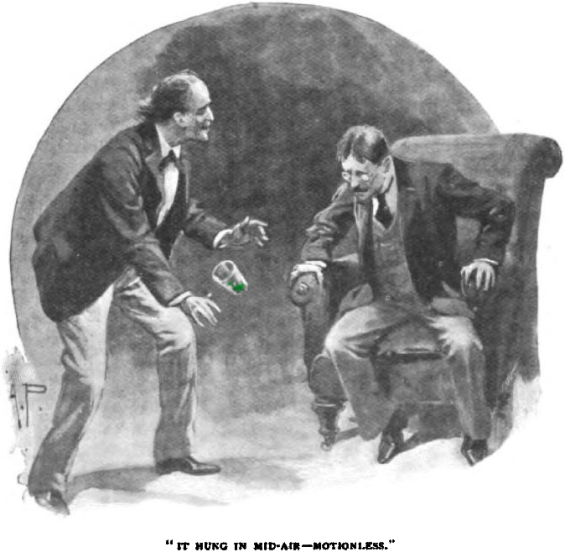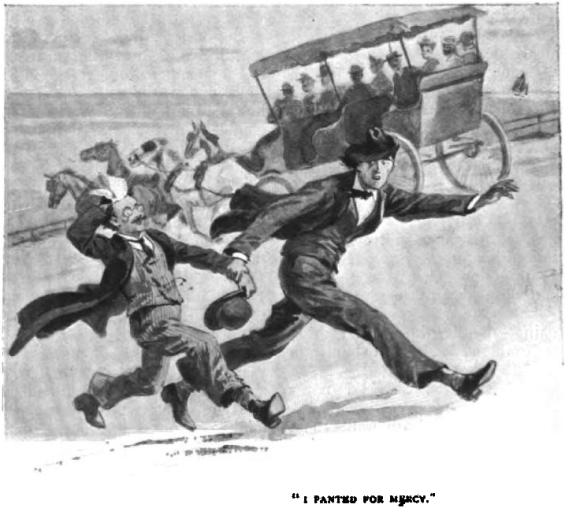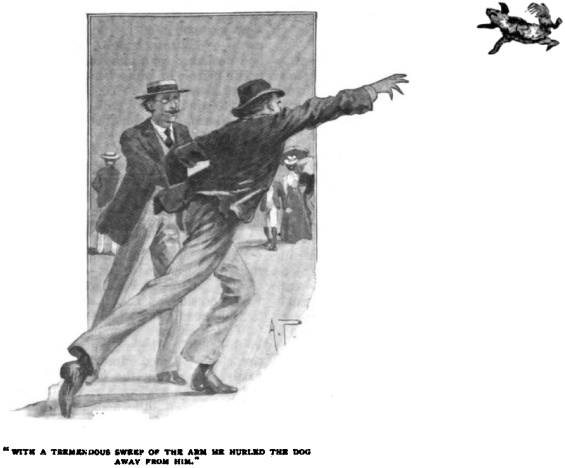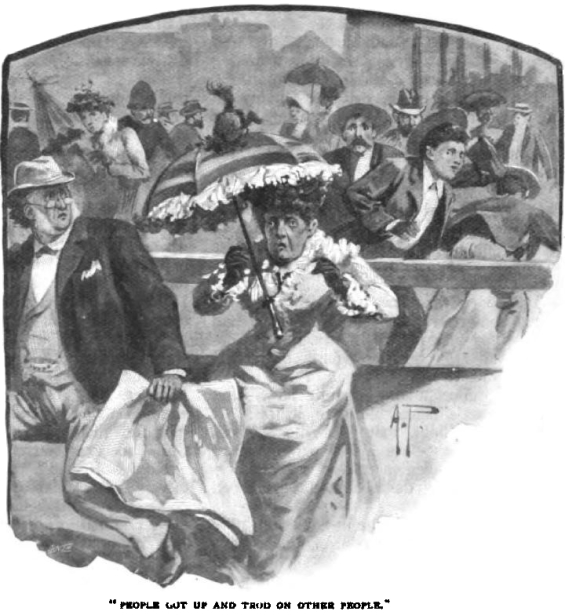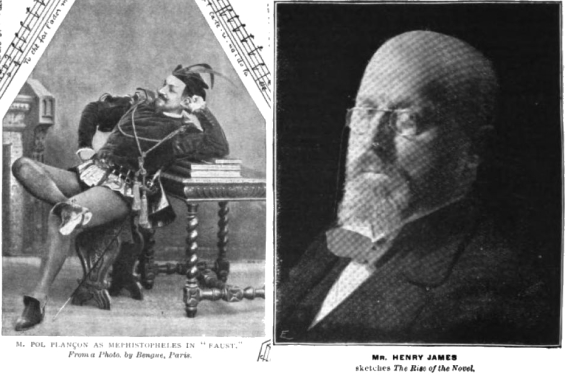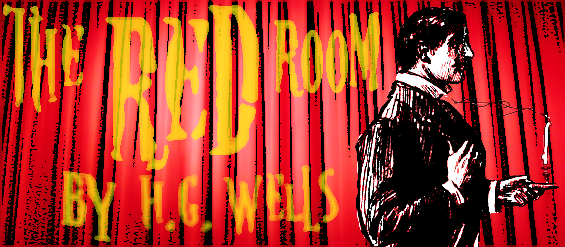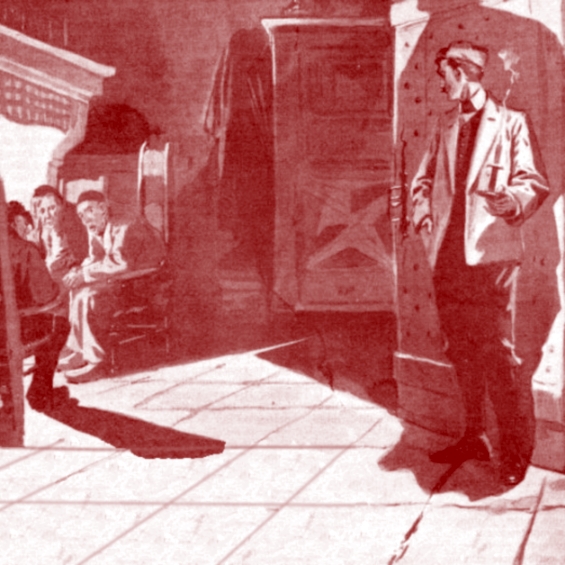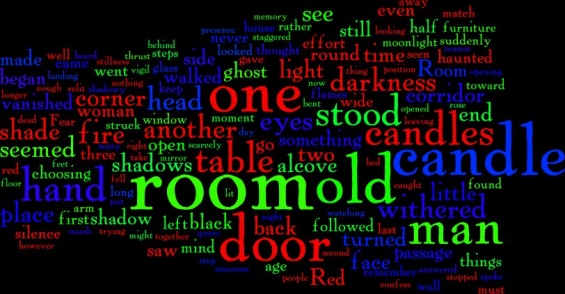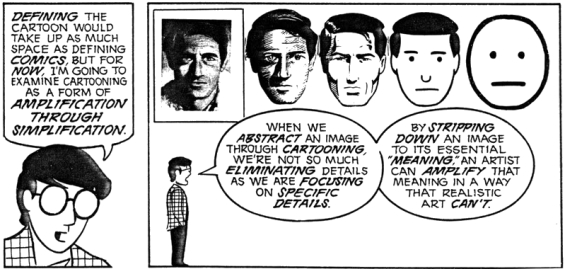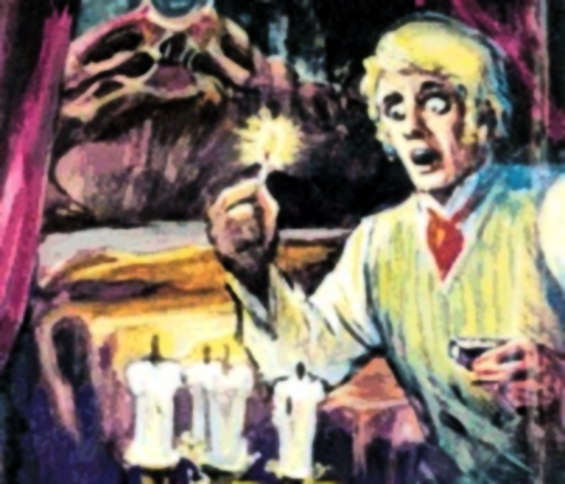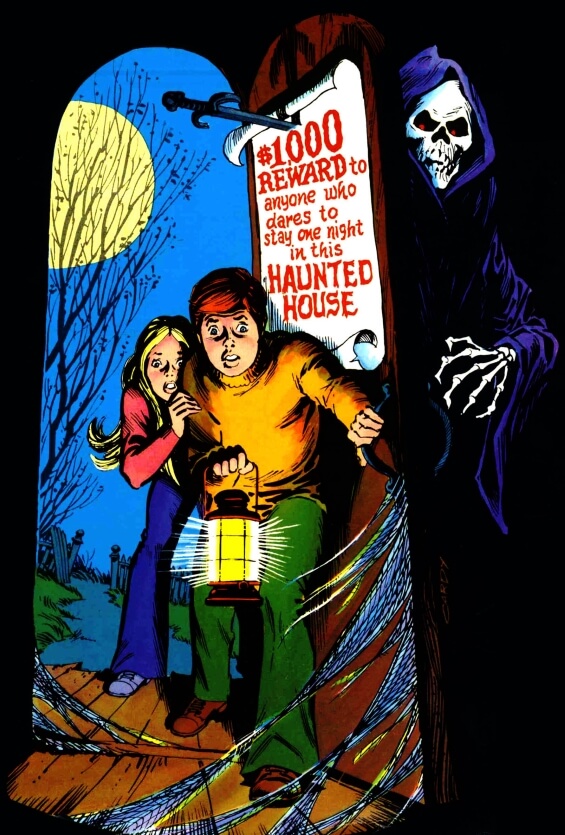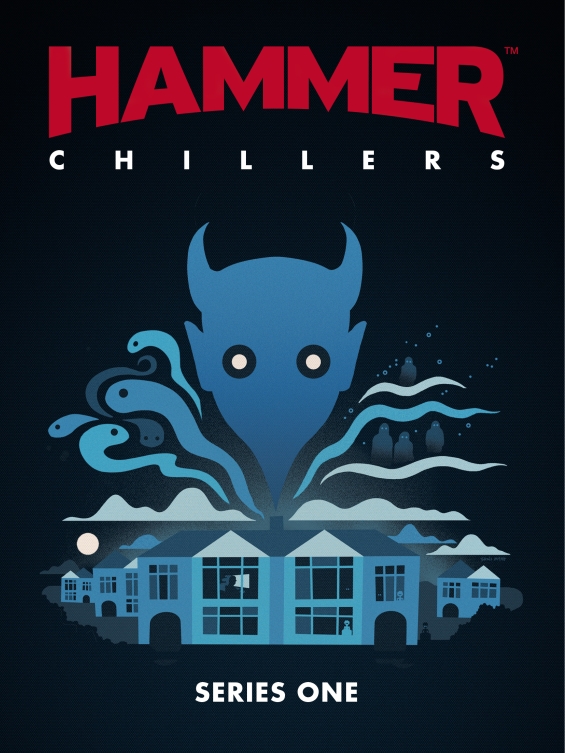
 The SFFaudio Podcast #299 – Jesse and Julie Davis talk about Northanger Abbey by Jane Austen.
The SFFaudio Podcast #299 – Jesse and Julie Davis talk about Northanger Abbey by Jane Austen.
Talked about on today’s show:
North ANGER! Abbey, this is a comedy, parody and meta-gothic novel, The Mysteries Of Udolpho, an inversion, Jane Austen is hilarious, The Jane Austen Book Club (the movie), documentaries, “its very meta”, her first (and almost) last novel, the advertizement from the authoress, fashions of literature and clothing, Tilney and Thorpe, the price of everything, a braggart, going afoul, a terrible sketch,
A Jane Austen Education: How Six Novels Taught Me About Love, Friendship, And the Things That Really Matter by William Deresiewicz, don’t just believe what everybody teaches you, desperate characters, Pride And Prejudice, letting you think, going along, women are supposed to be passive, a woman’s only right is to refuse, railroaded by stronger personalities, “…born to be an heroine”, a mundane life, Catherine is living her life in the third person as a Gothic romance heroine, 1,000 alarming presentiments, romance subverted, The Mysteries Of Udolpho as a less realistic and hyped up version of Northanger Abbey, the labyrinth is society not Mrs. Radcliffe’s Apennines, Emma, Mrs. Allen, it’s just not done, Isabelle’s master list of Gothic Novels, “there’s nothing I wouldn’t do for someone who isn’t my friend”, an open conversation, “I wish we knew someone here”, she’s 15, true to human nature, the arch narrator, hands and heads in the proper number to go around for all the children, Frederick, I’ve broken with my father, just like in a Gothic novel, the (BBC) audio drama of The Mysteries Of Udolpho, “you should really try Ursula K. Le Guin”, absolutely horrid!, the black wardrobe!, a character sketch (illustrated below), “She seized, with an unsteady hand, the precious manuscript, for half a glance sufficed to ascertain written characters; and while she acknowledged with awful sensations…”, a washing bill!, Eleanor, everything is explained, the volumes, a rushed ending?, the mysterious messenger, Henry’s true character, reining in your own imagination, Washington Irving’s The Legend Of Sleepy Hollow, he’s spooking himself, the description of the birds, the slaves, New York, giving facts and making comments, we are doing a lot of the colouring, the one thing we know about readers is that they read, the reading process, the black veil <-is from The Mysteries Of Udolpho, The Minister’s Black Veil by Nathaniel Hawthorne, a very funny (as in curious) story, Castle Of Otranto by Horace Walpole, supernatural elements, the refinements, the timelessness, Phyllis Whitney, Mrs. Radcliffe, The Oval Portrait by Edgar Allan Poe, what went wrong?, The Turn Of The Screw by Henry James, Herman Melville’s Billy Budd, The Devil To Pay, Sir Walter Scott, H.P. Lovecraft, Georgette Heyer, Northanger Abbey as a modern novel by Val McDermid, a YA novel, Fahrenheit 451, serving as a feeder, everybody is reading these trashy novels, an impassioned defense of the novel, you can’t live your life as if it was a novel, two movie adaptions, the 2007 ITV production, plot shorthand, Lord Byron, something terrible coming out of London, two tombstones and a lantern on the frontispiece, all of Jane Austen’s books have soldiers in them, a timeless focus on the people, when Julie met Jenny, these are characters not plots, sitting at the piano, The Many Lovers of Jane Austen, a Texas convention, with Klingons and Kirks, WWI, cigarettes and something to read, Mansfield Park, Mrs. Allen but with an edge, Juliet Stevenson as a narrator, 170 books read (in 2014), reading speed, a stumbling savourer, The Pickwick Papers by Charles Dickens, solitary reading vs. group reading, trains boost reading, “drawing room reading like singing, piano playing, and card”, scandalous reading, reading out loud, David Timson’s Dickens narrations, dramatic readings, Dickens invented the audiobook, Charles Dickens And The Great Theatre Of The World by Simon Callow, Elizabeth Klett’s reading of Carmilla, oh my!,
I leave it to be settled, by whomsoever it may concern, whether the tendency of this work be altogether to recommend parental tyranny, or reward filial disobedience.
“Who? What? Your love? Well, that’s super”, he was not in the least addicted to locking up his daughters,
“…and he was not in the least addicted to locking up his daughters. Her mother was a woman of useful plain sense, with a good temper, and, what is more remarkable, with a good constitution.”
surrounded by children, they all have to tucked in, they’re genteel, it was wet that day, a good introduction to Jane Austen.


Posted by Jesse Willis









